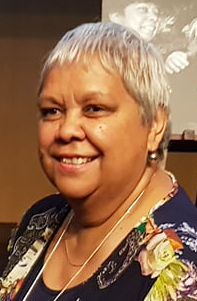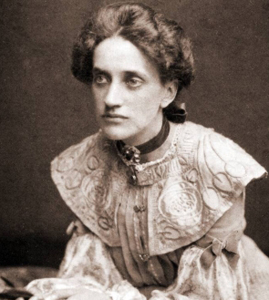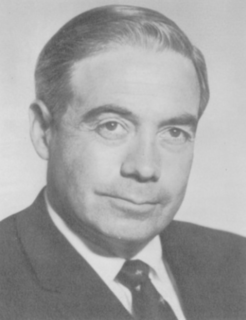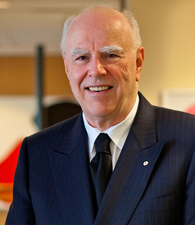A Quote by Michael Longley
I was the first Arts Council official in the archipelago to do something for what you might call indigenous music.
Related Quotes
We have reached a pivotal time in Indigenous affairs when for the first time, national attention is being paid to the horror of Indigenous family violence in this country. For the first time, an Australian Prime Minister has held a summit in the national capital to listen to concerns and ideas on this issue from a group of Indigenous leaders.
Dancing and building are the two primary and essential arts. The art of dancing stands at the source of all the arts that expressthemselves first in the human person. The art of building, or architecture, is the beginning of all the arts that lie outside the person; and in the end they unite. Music, acting, poetry proceed in the one mighty stream; sculpture, painting, all the arts of design, in the other. There is no primary art outside these two arts, for their origin is far earlier than man himself; and dancing came first.
You figure out how to create opportunities to make music, and then, if you take care of the music, audiences will come around. They also might leave. What matters is the moment: the moment of making music, with and for and among others, and what that offers to those people in that moment. They might never see me again; they might never learn my name. But it might still be something they carry with them.





































